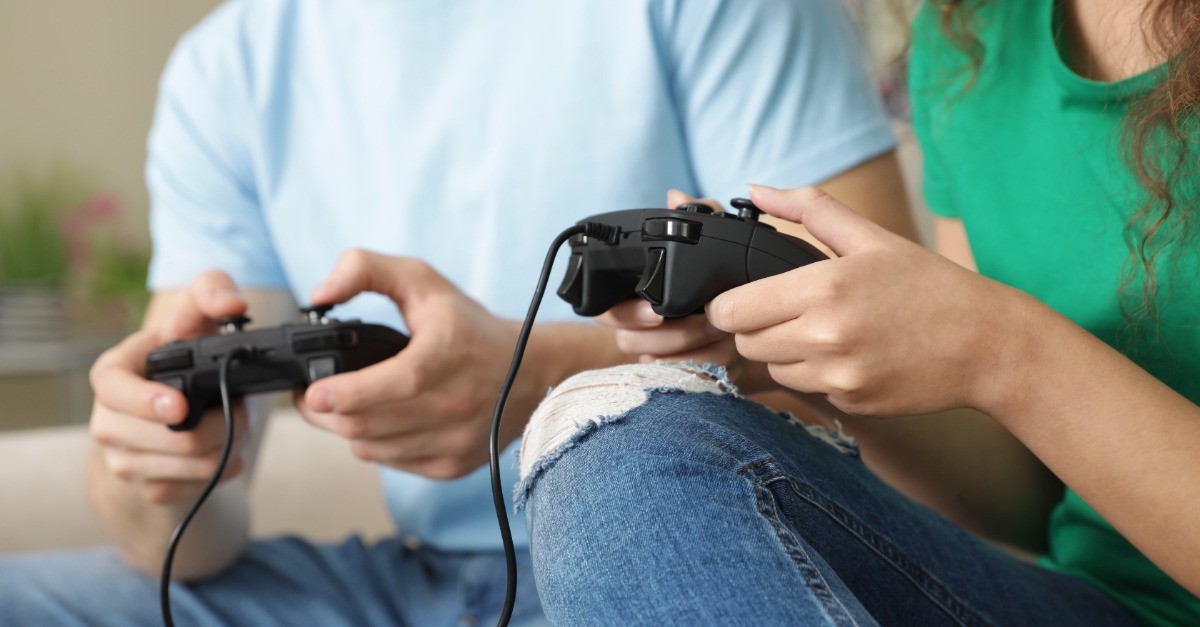Gaming can be a fun way to relax, connect with friends, and explore different worlds. It’s important to understand both the positives and potential risks that come with gaming, especially when it comes to balancing screen time, online safety, and health.
Gaming can have positive effects, including:
-
Improved problem-solving skills: Many games require you to think strategically, plan ahead, and solve puzzles.
-
Social connection: Multiplayer games allow you to connect with friends or meet new people online, especially during team-based games.
-
Creativity: Some games, like Minecraft or The Sims, let you build and create, allowing you to exercise your imagination.
While gaming can be fun, it’s important to be aware of the potential risks:
-
Addiction and screen time: Spending too much time gaming can affect your sleep, schoolwork, and relationships. It’s important to find a healthy balance between gaming and other activities.
-
Online safety: In multiplayer games, you might interact with people you don’t know. This can expose you to risks like online bullying, scams, or inappropriate content.
-
In-game spending: Many games encourage you to spend real money on in-game items, which can add up over time. Be careful about making purchases and always talk to a trusted adult before spending money in games.
Here are some tips to stay safe while gaming:
-
Use privacy settings: Most games let you control who can message you or join your games. Use these settings to stay safe and limit interactions with strangers.
-
Avoid sharing personal information: Never share your real name, location, or any other personal details with people you meet in games.
-
Take breaks: Long gaming sessions can lead to eye strain, headaches, and tiredness. Make sure to take regular breaks and step away from the screen.
- UK Safer Internet Centre: Offers resources on safe gaming and advice for young people on how to manage their online presence. Home – UK Safer Internet Centre.
